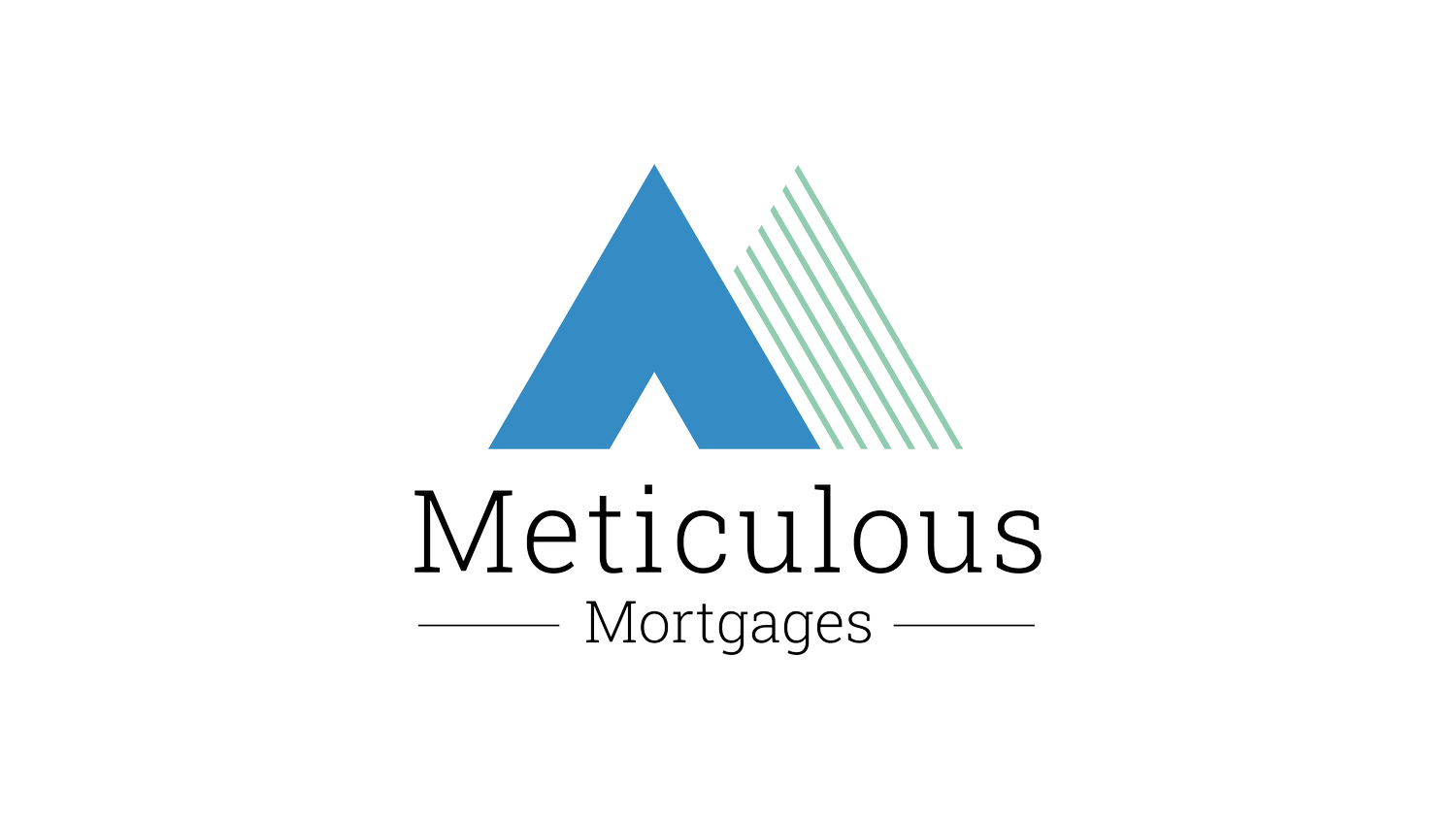Stage 1: Information & Goals
Chances are you’re dreaming about buying your first home, upgrading your home, or buying an investment property.
Regardless of which relates to you, the first steps towards buying a home are quite similar.
What’s the best way to do that?
How do you prepare?
Explore the first stage of the property buying process: gathering information and setting goals.
Here we talk about building a support team that can help you
bridge the gap between dreaming of buying a home to
crossing the threshold to home ownership.
How's your financial health?
Do your
research.
What’s your timeline?
Financial Health
Before you step into the quest of buying the right property, it’s important to get a health check on your current finances by sitting down with a finance professional. If you’re just starting out on your finance journey, then a financial coach may be a good fit. A financial coach can help you work towards your goal by improving your financial literacy and creating a plan to reduce debt and increase savings. A financial planner may also be a good fit especially if you’re already employing good debt and savings habits and need more guidance around investing strategies to save for your down payment.
Looking at your current expenses vs income, how much are you currently spending on housing?
What about other debts?
How much are you able to set aside each month for emergencies?
It’s suggested that up to 32% of your gross annual income should go to housing costs (i.e. mortgage expenses, which includes your mortgage payment, property taxes, property insurance, maintenance costs, and heating and utilities). To figure out these numbers, multiply your gross annual income by .32 (mortgage expenses only) and divide by 12. This gives you the monthly amount that is recommended to spend in total on housing costs. You may find that you need this number to be lower depending on your other monthly expenses.
Also keep in mind that depending on where you live you may have different closing costs associated with purchasing a primary residence. These need to be factored into your total cash needed to close on a property.
Research
Purchasing a property is huge commitment not only of your money, but also of your time and energy. Before combing through real estate listings, it’s helpful to get an idea of what you want and what you need. From there you can use filtering functions on real estate websites to help you narrow down what and where you’re interesting in buying.
You can begin by asking yourself questions like:
Where do I want to live?
How long do I plan on living in my home? Or is this an investment property?
What am I looking for?
How much space do I want?
What amenities do I want to have nearby?
Am I particular on the age/condition/style of my home?
Do I want to live in an urban, suburban or rural area?
What areas are slated for redevelopment (and what kind of development)?
How is the supply and demand ratio? Are houses over or undervalued?
Timeline
When you’re preparing to buy your first home you need to take into account how much money you want to allocate for the down payment. The current minimum down payment is 5% of the first $500,000 and 10% of the cost over $500,000. Any purchase prices over $1M require a minimum 20% downpayment. If you can’t reach the minimum for the downpayment, then you may be able to utilize other options. Talk to one of our brokers to discuss what other options are available to top up your downpayment.
If your down payment is less than 20%, then you need to factor in mortgage loan insurance as well. The amount that you’re comfortable with putting towards a down payment, along with your debt ratio, the current interest rates, stress test requirements, and credit score will inform how much you will be pre-approved for in your mortgage application. Simulating this scenario ahead of time (and adjusting it as the federal guidelines and interest rates change) will help you figure out how much you need to save for your purchase.
It’s not solely about how much down payment you want to put down. Time is another major factor when buying a home.
Will the value of homes continue to (or suddenly) rise?
Does it make more sense to get what you can as soon as possible?
Is it more worth your while to continue saving for a larger down payment (with hope that home prices level out or decline)?
There’s no magic ball in real estate. Ultimately you need to figure out what you’re comfortable with and buy when you’re ready and able to.
